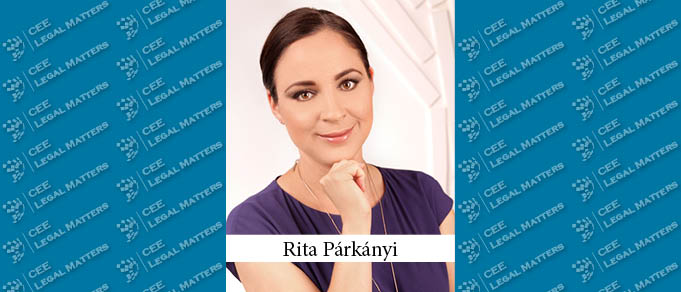The Hungarian judiciary system was facing with harsh critics in the past few years, especially in the field of digitalisation. However, the widespread of online meetings during the pandemic gave a boost to the digitalisation also in the courtroom. Even though the New Civil Procedure (entered into force 1 January 2018) and the New Criminal Procedure (entered into force 1 July 2018) provide for a long time the necessary institutional and technical conditions for online hearings, as well as for online witness testimonies, judges were reluctant to use them until last year, as it required more preparations and openness from their side.
Digitalization efforts are not new to the legal procedures, as the National Judicial Authority (i.e. a governmental administrative body next to the judiciary) urges courts to change their paper-based system to a digital one. In the last years there were several developments reached, as submissions became available online for the judges (E-Akta system); any document created during the procedure shall be made electronically and rules require mandatory electronic communication in many cases.
The president of the National Judicial Authority outlined in his speech in late September 2021 that “the COVID pandemic boosted the digitalisation of the courts, without the pandemic it would have taken 5-10 years to reach this level”. Judges became used to the new system, as they were forced to use it, and they realised that on the long run it makes the procedures easier as well as more cost efficient. Court hearings and witness testimonies held online became frequent, for example in 2020 in criminal cases 82% of the hearings were held online. The goal regarding the digitalization of the court procedures is that any party should be able to participate in the hearing via telecommunication devices and to abolish (in almost all of the cases, except for specific necessary situations) the mandatory personal presence that is extensively present at the moment in the procedures.
By Rita Parkanyi, Partner, KCG Partners Law Firm




